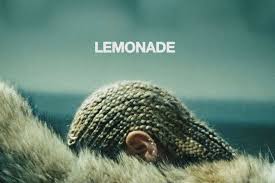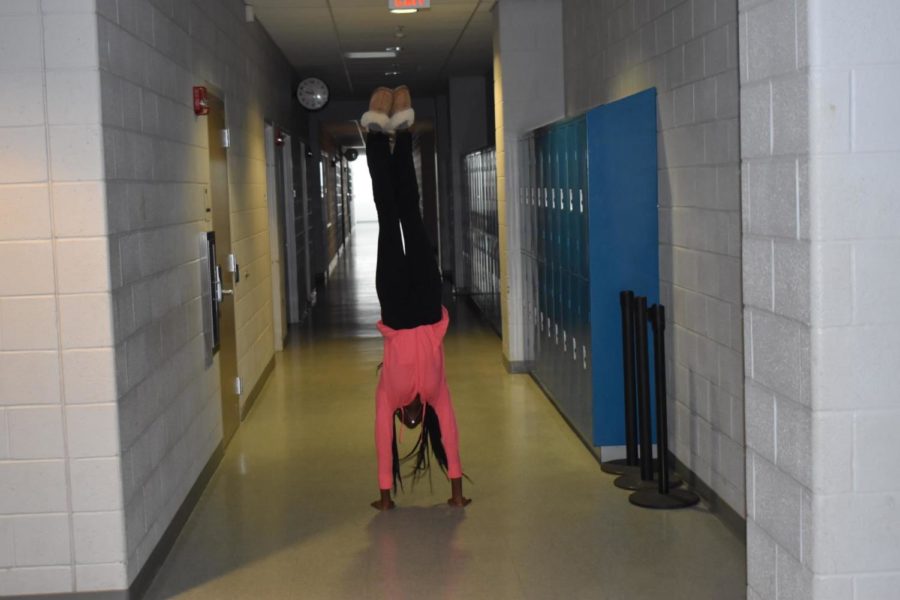Much like Beyonce’s last studio album, Beyonce, Lemonade was dropped with little notice and without warning, and has taken the world by storm. The album immediately exploded with different theories about the meaning of the name and Bey’s intention, not to mention the vast rumors of Jay-Z’s infidelity and the mysterious case of who is “Becky with the good hair”(a lyric that has sent Beyonce’s fan on a man hunt to find the woman Jay-Z allegedly slept with). Besides the rumors and media hype, Beyonce has delivered her most musically consistent album and delivered a message that many women can relate to.The core of the album, however, is undoubtedly a call for black women to take charge in their lives and society around them.
Right off the bat, Beyonce makes the wrongdoing in her relationship very clear; she doesn’t mention Jay-Z by name at any point, but the entire album is not only a story of redemption for him, but the process of healing in general. The first track on the album, “Pray You Catch Me,” speaks on her knowing of her partner’s dishonesty and how she declares her love is greater and how she is hurt by her man actions. Beyonce’s voice is backed by low sultry swings, giving an epic quality to the opening track. She rarely delves into this type of sound and completely nails the sultry nature of the track. “Pray You Catch Me” establishes the tone for the rest of the album with its last line, “What are you doing my love,” before transitioning into the second track “Hold Up.” Beyonce calls out her man for cheating and stating how she is the only one who has and will show true devotion to him, yet he still lied and was dishonest. The track is a call for women to stand up to their men and confront the problems placed upon them from a disturbing cycle of infidelity. This idea is carried even further in the Jack White-produced third track on the album, “Don’t Hurt Yourself,” where a clearly angry (and rightfully so) Beyonce tells her man that she should not be treated this way and Beyonce pushes this idea even further when she declares “Motivate your ass call me Malcolm X” : not only a reference to Malcolm X’s idea of black power and taking one’s conditions into their own hands, but also a speech that Malcolm gave where he spoke on how the most disrespected person is the black woman. Beyonce demands respect from her man and for all black women to do the same.
The fourth track, “Sorry,” drives this point home, literally, with Beyonce taking back the power in her relationship and throwing her man to the side. She then literally calls for black women everywhere to throw their middle fingers up in response to the mistreatment, not only from their man, but to the mistreatment they have received from society as a whole. The beat has a bouncy quality to it, with trap flavored drums and synths behind Beyonce’s confident attitude. The message comes across perfectly with the repeated line of how she no longer feels sorry for herself. From this song we also learn about the infamous “Becky with the good hair,” who Beyonce fans have been relentlessly searching for ever since she was mentioned. The theory that “Becky with the good hair” is an actual person doesn’t really make sense to me: she may be, but the point of Becky is a symbol for white women. The idea of black men finding white women more desirable has existed for many years. White people were said to be superior to blacks, thus putting white women in a place of superiority relative to black women. Becky’s “good hair” stems from the idea that a black woman’s natural hair—which is curly—is seen as less desirable. Beyonce finds issue with this idea and uses Becky as a vehicle to show her frustration with the ill treatment of black beauty. This has started to become less acceptable however, as more black women are preserving their natural hair. The video for “Sorry” showcases this idea by portraying women with natural hair as well as other traditionally black hairstyles.
The themes of black female empowerment continues into the certified banger of a track, “6 Inch,”(referring to a six inch heel) which features The Weeknd. On this track, Beyonce speaks on how black women must not be shamed for the profession they choose in order to get what they need. In the song, Beyonce uses the profession of a stripper. She is tired of women’s bodies being shamed in order to work for what they need; the reason she uses the idea of a six-inch heel is that she wants women to be able to stand tall and be proud of what they do. At the end of the day, they are making money and should be respected for doing so. Beyonce is determined for black women to have respect in any field the choose, for at the end of the day it is really all about the the money you make and how you provide for your family.
The album then changes pace with the song “Daddy Lessons.” Beyonce begins by saying the word “Texas,” and goes into a full blown country pop track speaking on the lessons that her father taught her as a child, such as shooting a gun to protect herself from men like him. “Daddy Lessons” expresses the problems that have occurred generationally and how her father has no right to judge her own relationship, given his own shortcomings in his relationship with Beyonce’s mother, culminating in a divorce in 2011.
She dives further into her personal problems with her husband on the seventh track, “Love Drought” and the eighth track “Sandcastles.” Both songs speak on the love that Beyonce still has for her husband and how betrayed she feels from both his and her shortcomings. “Love Drought” is more about how Beyonce is trying to find some sort of middle ground with him and how if they both believe in their love that they can accomplish anything together.
On “Sandcastles,” Beyonce examines the complexities of her marriage and contemplates why she stays with her husband despite his infidelity. The track itself is haunting with a slow piano and Beyonce bellowing the entire song. There is a short interlude after this track called “Forward,” featuring James Blake. This track speaks on looking past shortcomings in a relationship and building to make a better, stronger relationship.
“Freedom,” the tenth song on the album, is the ultimate cry for black women to take control of their lives and be at the forefront of social justice, declaring that no one shall marginalize or abuse black women any longer. Beyonce further expands on this idea by preaching how black women not only fight the patriarchy that they have been under for hundreds of years, but ultimately destroy it by establishing their own standards and taking their place as equals in society. Kendrick Lamar then comes in with an excellent verse highlighting the violence that African-Americans have endured for hundreds of years and still endure to this day. The song is a battle cry, and the beat blares at you with military-like drums and church organs. It is in your face the entire time, making its message known.
On the 11th track “All Night,” Beyonce forgives her husband on her own terms. Beyonce also admits the mistakes she’s made in their relationship. It is also clearly explained in this song that her husband realizes his shortcomings as well and promises to better himself. This was by far my favorite track on the album as Beyonce not only declares love for her husband, but also promises to work to build their love and trust back up again. It is made very clear on this track that both people in the relationship are willing to make their relationship better. It is a beautiful song with a smooth trumpet section and funky bassline that grooves to the end. The culmination of all of Beyonce’s ideas and preachings comes together on the final track “Formation,” which brings together her desire for black women to take what they want out of life because they deserve and are worthy of it. At the same time “Formation” the most celebratory and trap flavored song on the entire album, bringing in heavy bass and drums that can make anyone move. There is springy sound effect that occurs throughout the track that catches your ear and blends in perfectly with the rest of the beat that just adds to bouncy and rocking beat. “Formation” truly exemplifies what makes this album so amazing and important.
Beyonce demands respect, she takes it for herself and presents it as fact to the masses, for Beyonce black women are smart, sexy and take control and get what they need no matter what. That message really isn’t given to young black girls, especially the idea of owning their sexuality, a topic that has become so taboo due to the sexualization of young females. The lessons and the music that Beyonce presents in this album cannot be found in another pop project period.
Lemonade is Beyonce’s best project to date, an inventive approach to a subject that rarely gets any attention which leaves me floored. I cannot recommend it enough.











































